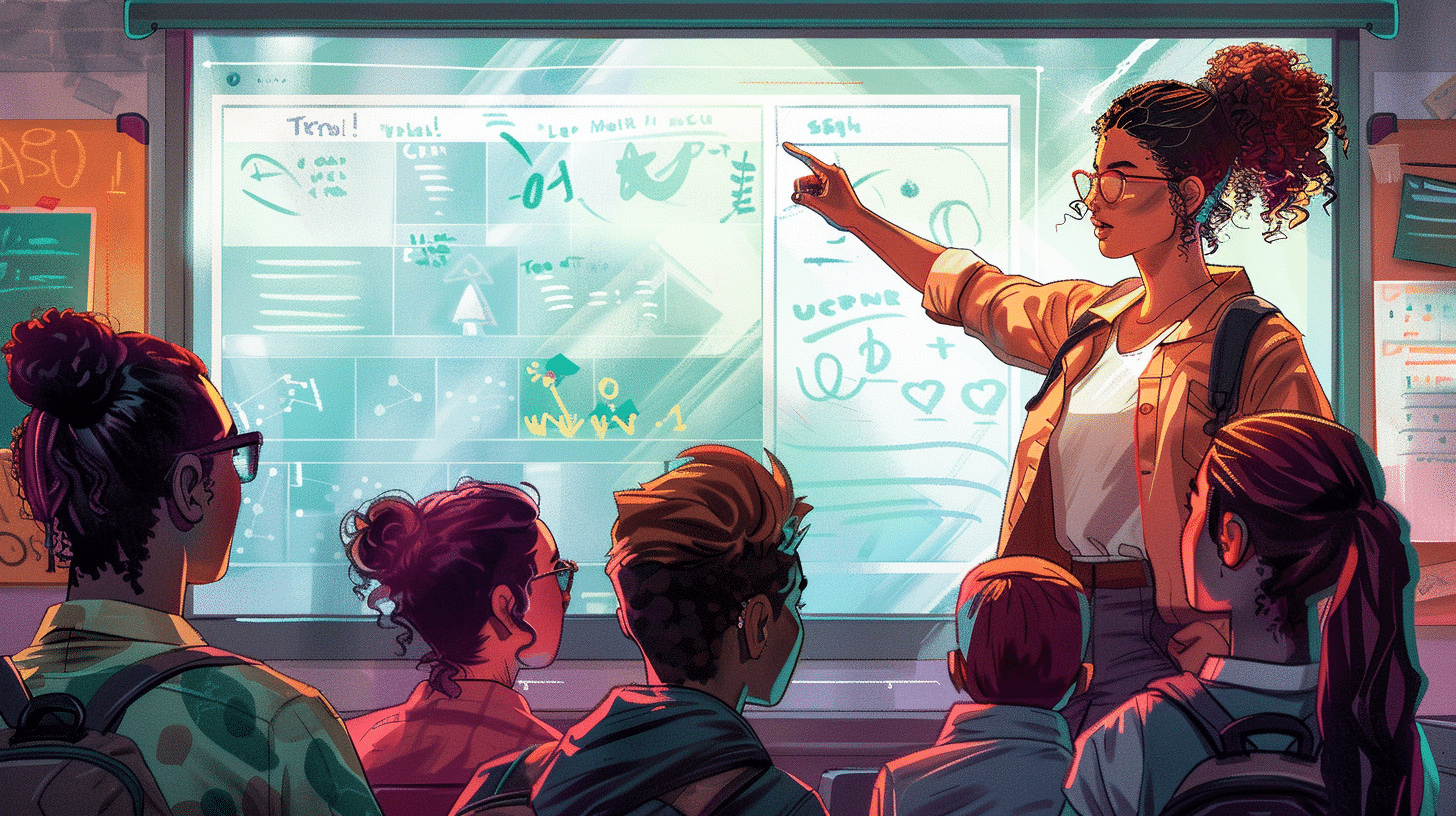Pick a language and start learning!
Descriptive adjectives Exercises in Spanish language

Descriptive adjectives in Spanish are essential for adding color and detail to your sentences, allowing you to convey more precise and vivid images. They provide information about the qualities, quantities, and characteristics of nouns, enabling you to describe people, places, things, and experiences with greater specificity. Understanding how to use descriptive adjectives correctly will enrich your vocabulary and enhance your ability to express yourself in Spanish.
Spanish adjectives must agree in gender and number with the nouns they modify, a rule that often differs from English. For example, the adjective "bonito" (pretty) changes to "bonita" when describing a feminine noun, and to "bonitos" or "bonitas" when describing plural nouns. Additionally, the placement of adjectives in Spanish can vary, typically following the noun but occasionally preceding it for emphasis or stylistic reasons. Mastering these nuances will not only improve your grammatical accuracy but also make your Spanish more natural and engaging.
Exercise 1
<p>1. La casa es muy *grande* (size).</p>
<p>2. El perro es *blanco* (color).</p>
<p>3. La película fue *interesante* (opposite of boring).</p>
<p>4. Mi hermana es *alta* (height).</p>
<p>5. El coche es *nuevo* (opposite of old).</p>
<p>6. El jardín es *hermoso* (synonym of beautiful).</p>
<p>7. Mi profesor es *inteligente* (related to smart).</p>
<p>8. La comida está *deliciosa* (related to taste).</p>
<p>9. El libro es *aburrido* (opposite of interesting).</p>
<p>10. El gato es *negro* (color).</p>
Exercise 2
<p>1. La casa de mi abuela es muy *grande* (size).</p>
<p>2. El perro de Juan es *blanco* (color).</p>
<p>3. María tiene el cabello *largo* (length).</p>
<p>4. El coche de Luis es *nuevo* (age).</p>
<p>5. La montaña es *alta* (height).</p>
<p>6. Mi hermana es muy *inteligente* (intellect).</p>
<p>7. La sopa está *caliente* (temperature).</p>
<p>8. La camisa de Pedro es *roja* (color).</p>
<p>9. El libro que leí es *interesante* (interest).</p>
<p>10. El gato de Ana es muy *pequeño* (size).</p>
Exercise 3
<p>1. La casa es muy *grande* (opposite of small).</p>
<p>2. Mi perro es *amigable* (likes to be around people).</p>
<p>3. El libro es *interesante* (not boring).</p>
<p>4. La película fue *emocionante* (full of excitement).</p>
<p>5. Ella tiene el pelo *largo* (not short).</p>
<p>6. El coche nuevo es *rápido* (opposite of slow).</p>
<p>7. El clima hoy está *soleado* (not cloudy).</p>
<p>8. La montaña es *alta* (opposite of low).</p>
<p>9. El gato es *perezoso* (does not like to work or move much).</p>
<p>10. La comida está *deliciosa* (tastes very good).</p>







